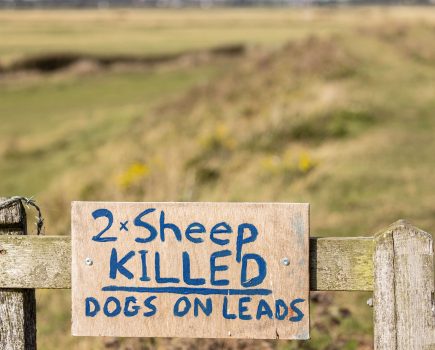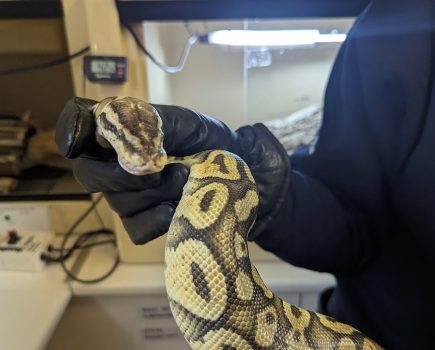Breed societies can be of huge help to smallholders… and vice-versa. Debbie Kingsley explains
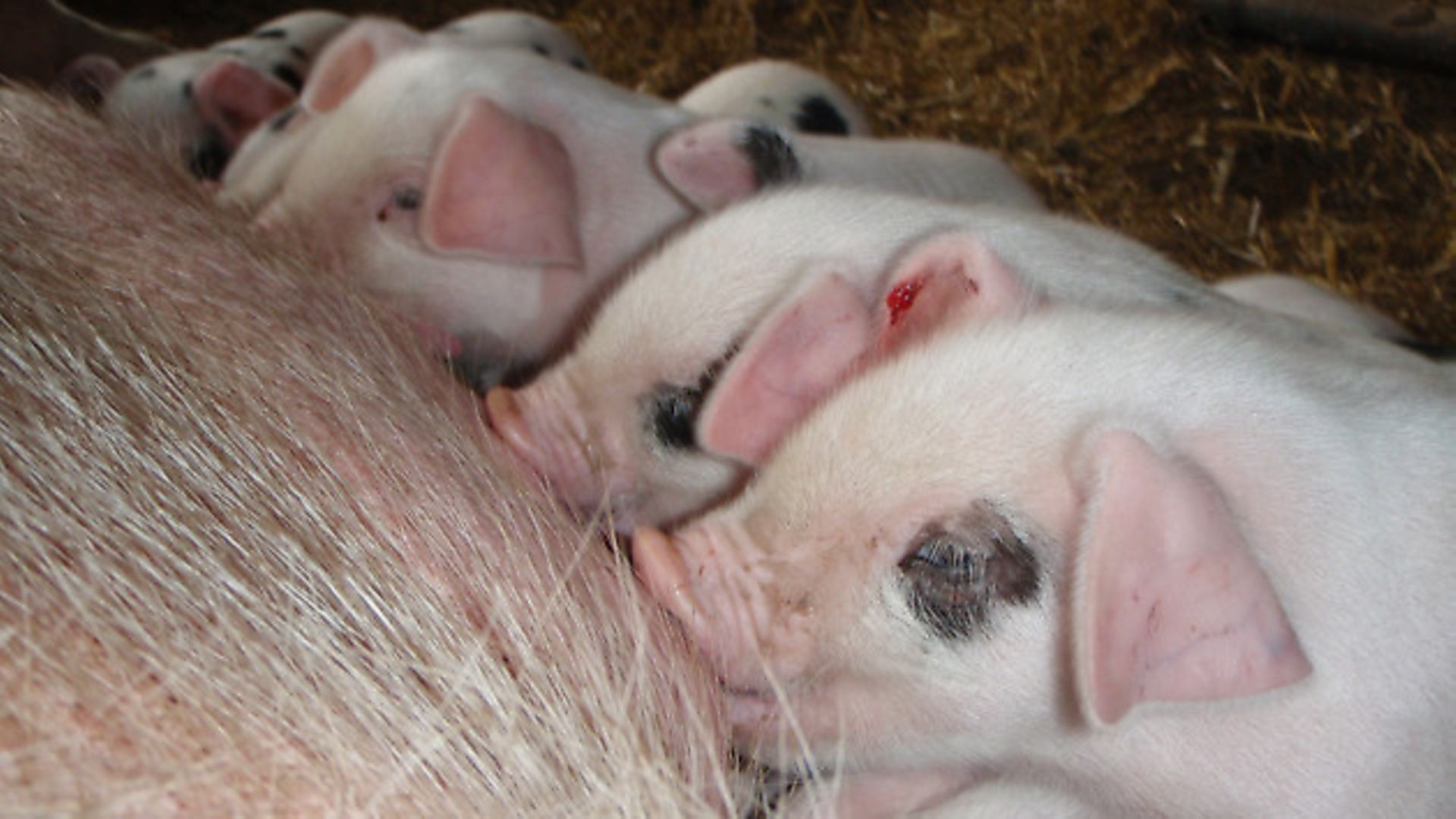
Breed societies can be a mystery to smallholders, so, as a member of five different societies, I thought it was time to explain how they can be of real help to smallholders, and perhaps how smallholders can in turn be of help to breed societies.
The role of breed societies
So what do breed societies do? Fundamentally they exist to promote, preserve and improve their particular breed, defining their breed standard and recording pedigrees. There are around 40 cattle breed societies, 70 sheep societies, 16 pig breed societies (plus the British Pig Association) and a dozen or more goat breed societies (plus the British Goat Society) in the UK alone.
Why do they matter? Preserving the gene pool of the individual breeds ensures that they aren’t diluted, genes continue to exist (and can be secured through semen banks for example) and excellence can be traced and potentially replicated. There has been a huge amount of successful cross breeding for improving commercial traits in livestock, but without maintaining the original DNA, future opportunities for breeding and development would be lost so it’s crucial to keep the original true types. And, of course, specific breeds thrive in their indigenous environment; can you imagine Cumbria without Herdwicks, Yorkshire without Swaledales or Devon without Devon Rubies? Showing is also a key activity for societies, where members show their best quality livestock in competition with other society members; the events bring the breeds to the attention of the public and championship rosettes and cups are much sought after accolades. I asked the newest society on the scene, the Valais Blacknose Sheep Society, UK (VBSSUK), why they set up in 2015? Jenni McAllister, one of the three founders, said: “It was evident that the Swiss Valais Blacknose would be a popular breed and this was proven in 2014 with a number of imports to the UK. The Valais Blacknose population has started to grow fairly quickly and, although still a small number, there is a solid presence now in the UK. As a new breed with limited knowledge about it, we were keen to set up the society to help breeders and the breed, ensuring the best standard possible from the outset.”
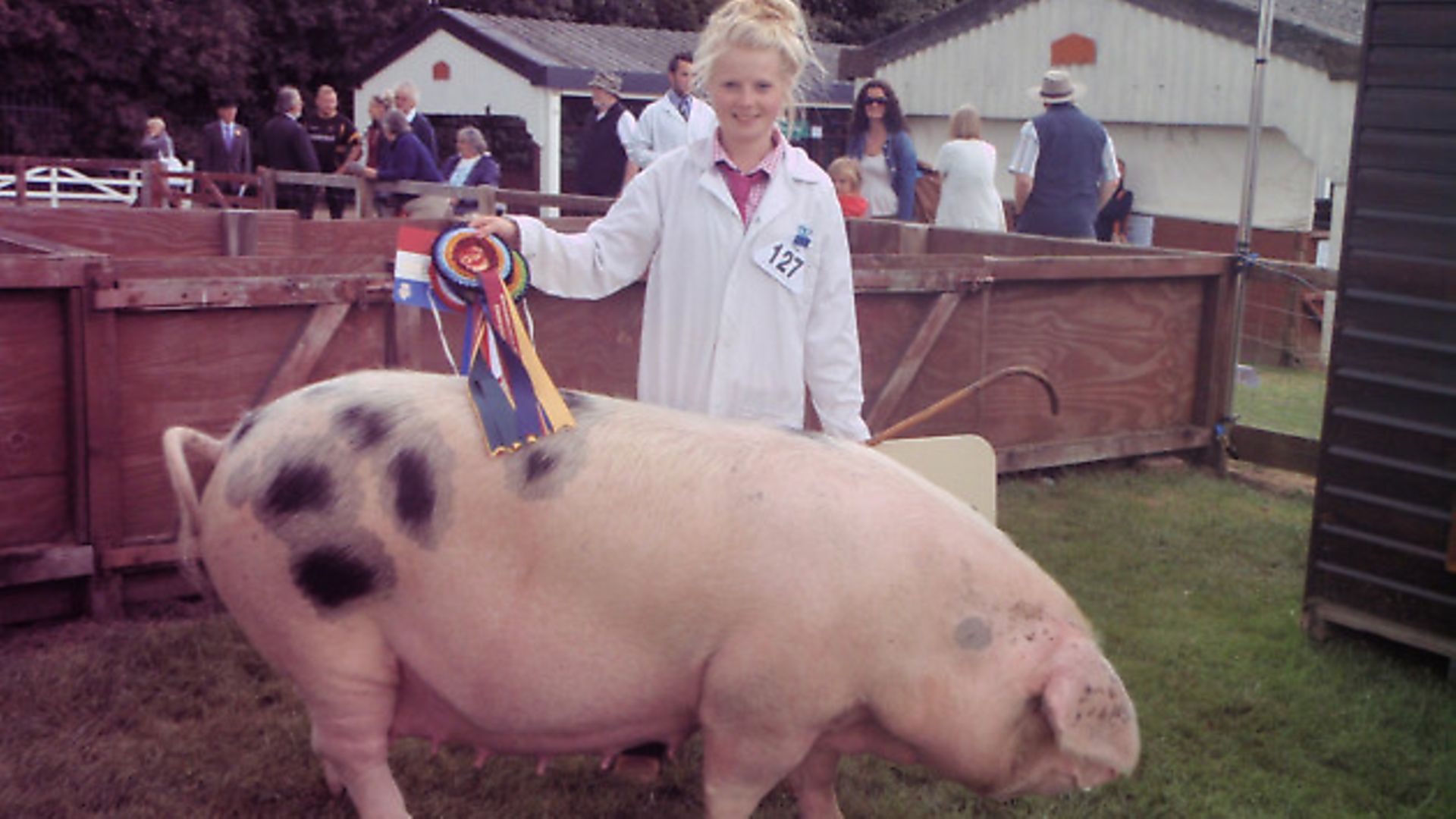
The British Pig Association
The British Pig Association (BPA), with 1,500 members, is an umbrella organisation that covers the UK’s rarer pig breeds as the official breed society for Berkshire, British Landrace, British Saddleback, Duroc, Gloucestershire Old Spots, Hampshire, Large Black, Large White, Mangalitza, Middle White, Oxford Sandy and Black, Pietrain, Tamworth and Welsh pigs. BPA’s Chief Executive Marcus Bates describes the organisation’s role as “representing the interests of all small-scale pig keepers to the Government. We work closely with the individual breeders’ clubs and try to promote them and support them as much as possible. There is no doubt that breeds do best when they have a reliable collective herd book service, which benefits from having all the breeds collaborating whilst also having well-supported breeders’ clubs who can focus on promoting their individual breeds.
“The vast majority of the membership is made up of small-scale keepers with herds of less than five sows. The BPA represents the interests of smallholder pig keepers to the Government and other organisations such as levy boards, constantly challenging the misguided notion that small-scale pig keepers are the main threat to national biosecurity. The BPA Conservation Committee determines the breed standard in consultation with Breed Representatives.
To register your pigs as pedigree you need to join the BPA and you may also choose to become a member of .your relevant pig breeders’ club that promotes its specific breed, organises shows, judging and sales, and offers education, advice, signposts to stock for sale, encourages communication between members and reviews the breed standard.
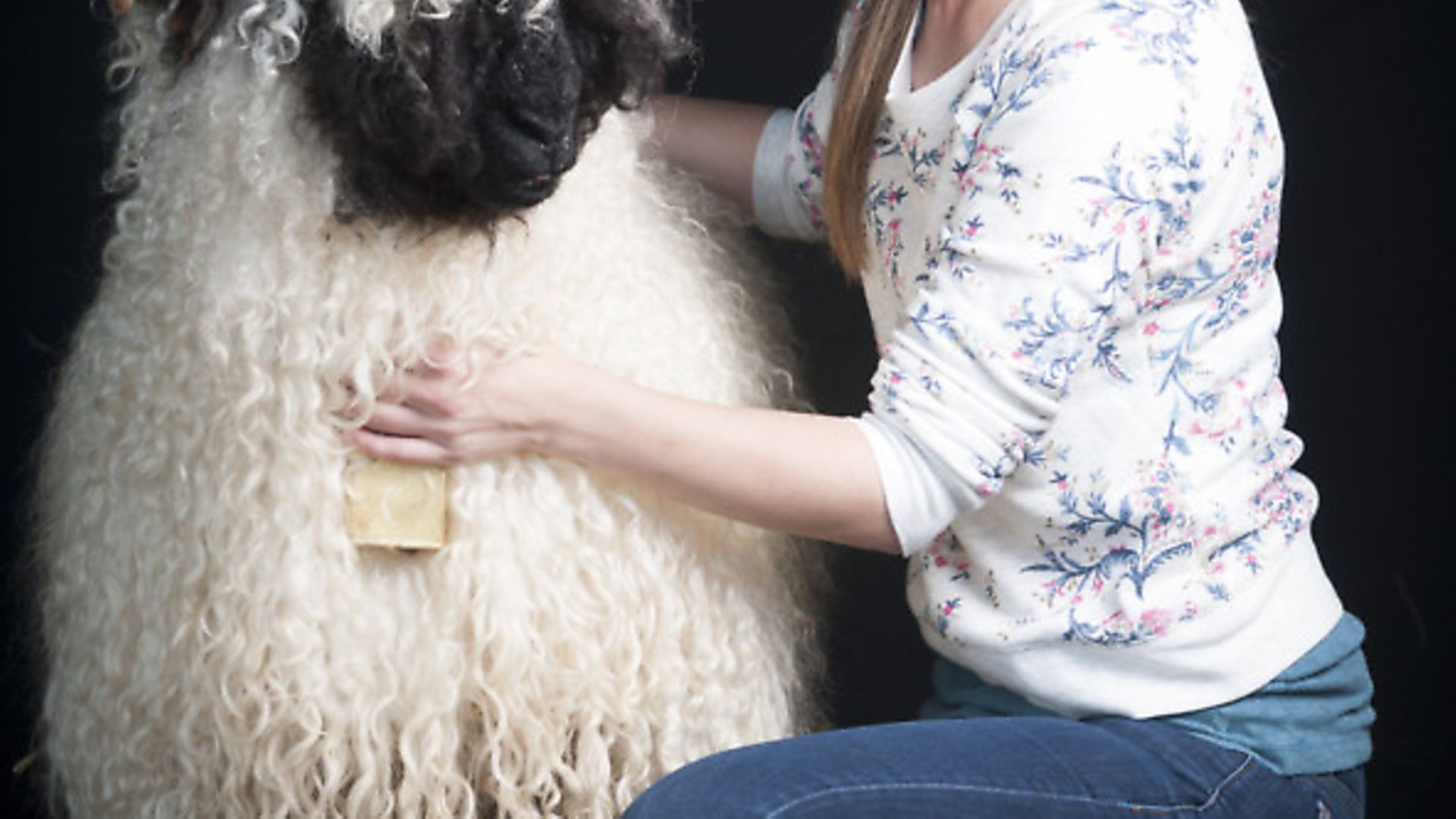
Not all breed societies are created equal
Breed societies vary hugely in size of membership and therefore resources. Holstein UK represents pedigree Holstein and British Friesian cattle and is Europe’s largest independent breed society with a membership of 8,000, registering 220,000 births a year. The Valais Blacknose Sheep Society, as the UK’s newest, has just 41 members so far. Some societies have full-time paid officers that put a lot of effort into marketing and promoting their breed and carry out formidable amounts of admin; many have volunteers who may get paid an honorarium and travelling expenses in recognition of their time-consuming and important work on behalf of the membership and their livestock. Society membership gives you access to experienced breeders from whom you can buy stock and gain valuable advice, social events, educational workshops, a vote at the AGM and the ability to register your livestock.
As for costs, annual subscriptions range from £15 to £100 and additional fees are normally incurred for the registration of each animal. That leads us onto the process for registering your livestock with your society; you’d think it was the same across societies, but no. I believe that in all cases the breeder (not the owner) has to register livestock because they are the only ones who can vouch for parentage, and you have to be a member to register, but the similarities end there. Some societies won’t register anything unless it has been inspected by society appointed inspectors; some require breeding males only to be inspected, some require DNA tests and others have a system of self-registration and rely on the breeder to make a judgement based on whether the animal in question meets the breed standard. One thing all societies have is a secretary (and a website), so contact them to find out what the particulars of their practices are. Keeping several different breeds we’ve had to acquaint ourselves with varying requirements; one size definitely doesn’t fit all.
Volunteering as a society officer
Marcus Bates is encouraging to smallholders: “All smallholder pig keepers can join the BPA through our conservation club and help support our work with the Government. It’s not glamorous or exciting but it has to be done or we will finish up with bad legislation that makes life even more difficult for small-scale producers.”
And no matter which species or breed, if you’re passionate about a breed and want to support it in really practical ways, do consider volunteering your time as a committee member. All committees are grateful for help in, for example, managing websites, collating flock/herd books, selling merchandise, staffing stalls at shows, advising newer members on rules and regulations, and signposting to breeders with stock for sale. There are plenty of smallholders fulfilling the key roles of chair, treasurer and secretary and as show judges, so don’t think you have to be farming on a large scale to get involved.
http://valaisblacknosesheepsociety.co.uk/
http://www.britishpigs.org.uk/
Image(s) provided by:
Archant
Archant
Archant



